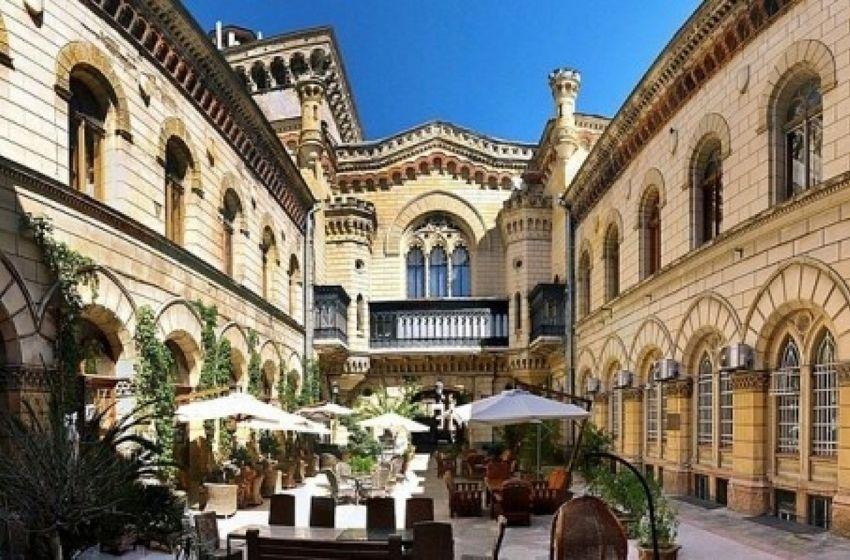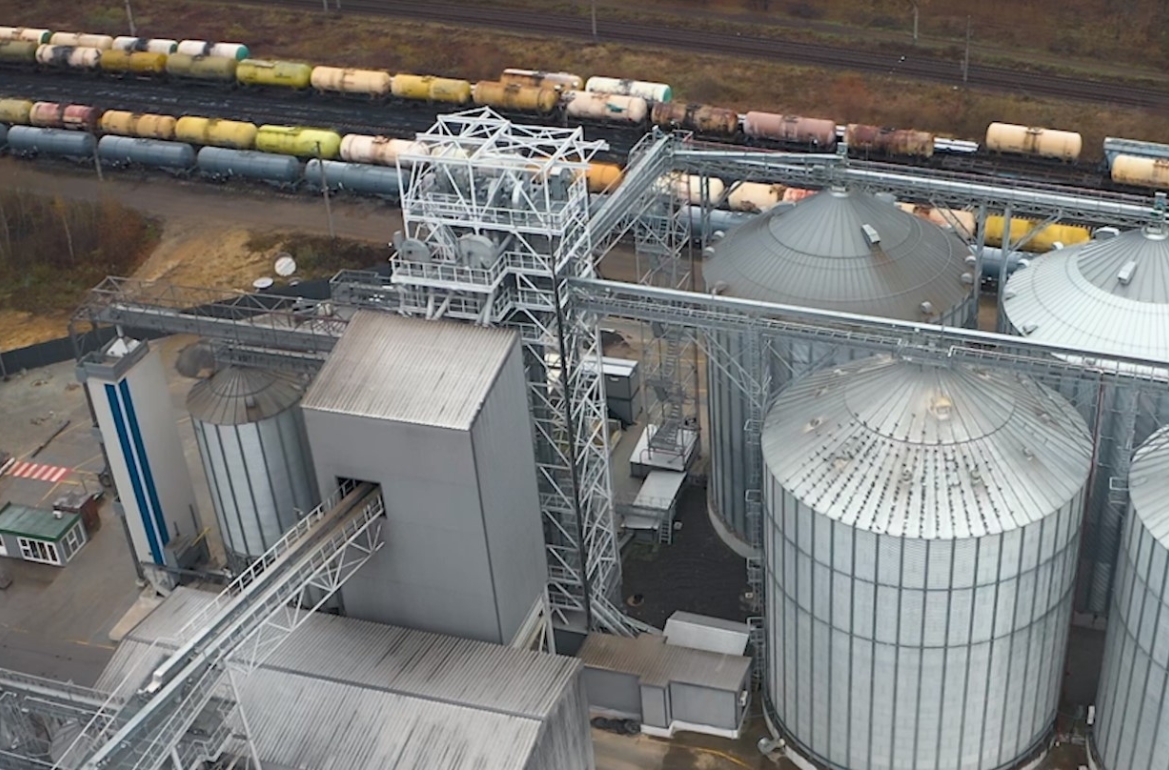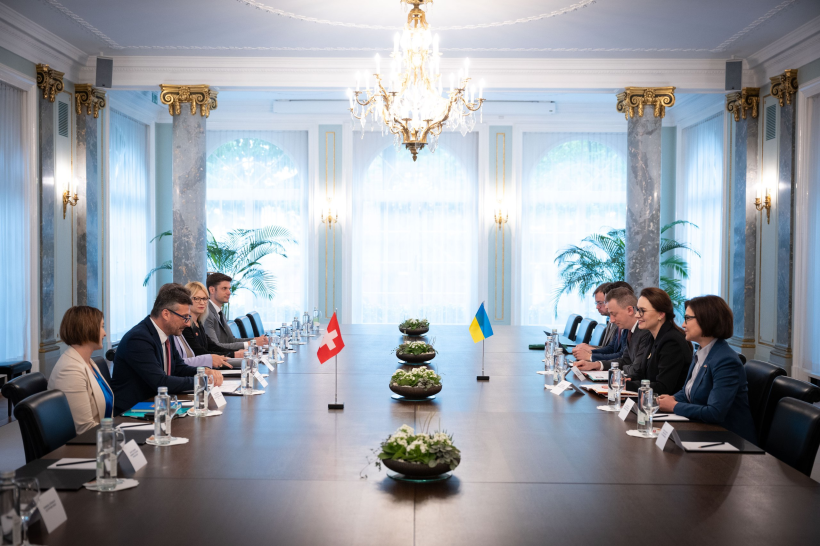The Parliamentary Assembly of the Council of Europe (PACE) has adopted Resolution No. 2557 "On the Role of Sanctions in Countering Russian Aggression Against Ukraine."
This resolution calls for a complete ban on the import of Russian liquefied natural gas (LNG) and metallurgical products into the EU, as well as measures to combat the shadow oil fleet.
The resolution notes that Russian liquefied natural gas is still making its way onto the European market, representing around 15% of the total supply. In 2023 alone, the Russian Federation earned US$99 billion from the supply of gas.
"Special attention should be paid to the Russian steel slabs (semi-finished products for rolling into plate or coil rolled), pig iron and iron ore products. For instance, in November and December 2023 alone, Russian slabs entered the European Union at a price much lower than the market price (€450 per tonne instead of €600 per tonne according to EUROFER). This is one of the core sectors of the Russian economy, which is estimated to account for 3% of the country's GDP, or approximately US$60 billion annually. This results in price dumping, delaying the green transition and boosting the Russian Federation's economy, which funds its war of aggression against Ukraine," the PACE decision notes.
The resolution includes:
1. strengthen compliance with the oil price cap, by listing the vessels of the "shadow fleet" assembled by the Russian Federation and its accomplices, banning them, and establishing a whitelist of brokers authorised to provide information regarding transactions under the price cap;
2. ensure that other strategic sources of Russian income are also targeted, including liquefied natural gas and pipeline gas, as well as agricultural, metallurgical and nuclear industries, by banning both the direct import and the resale of related products;
3. ban the export of critical raw materials, manufactured battlefield goods and dual-use items to the Russian Federation, especially those that could contribute to the war effort, and impede the access to their transportation hubs, services and financial assistance to all carriers transporting these goods to the Russian Federation;
4. ban all Russian and Belarusian banks from the Society for Worldwide Interbank Financial Telecommunications (SWIFT) international payment messaging system, and urge banks to cease operations in the Russian Federation;
5. enlarge the list of sanctioned individuals, also to include the persons directly responsible for and participating in the persecution and ill-treatment of Vladimir Kara-Murza, the persecution, ill-treatment and death of Alexei Navalny, the deportation, forcible transfer and unjustifiable delay in repatriation of Ukrainian children, and the destruction of Ukrainian cities and towns, such as Mariupol, Bakhmut, Avdiivka, and Marinka;
6. ensure that the Russian companies in the military and defence sectors, especially those producing weapons, as well as their owners and managers, are targeted by sanctions;
7. consider the available legal grounds to also target family members of sanctioned individuals;
8. strengthen and enlarge the ban on media outlets broadcasting Russian propaganda, ensuring that the prohibition is enforced and that appropriate penalties are in place in case of failure to comply.





















